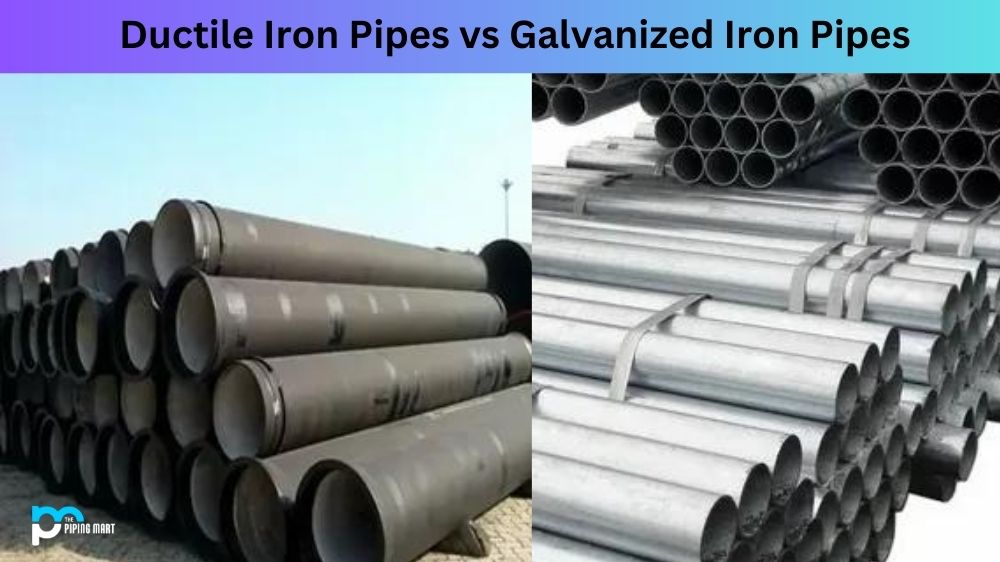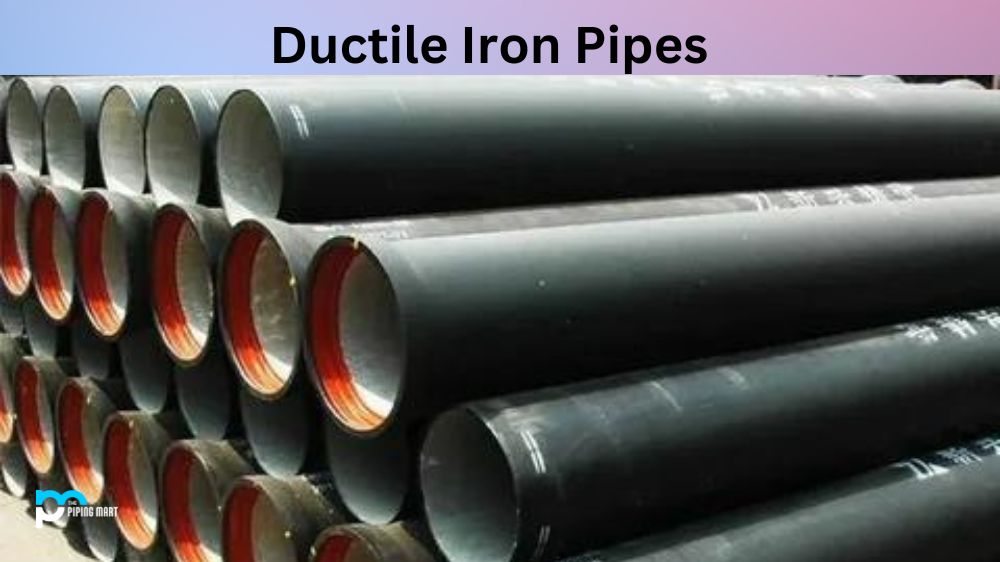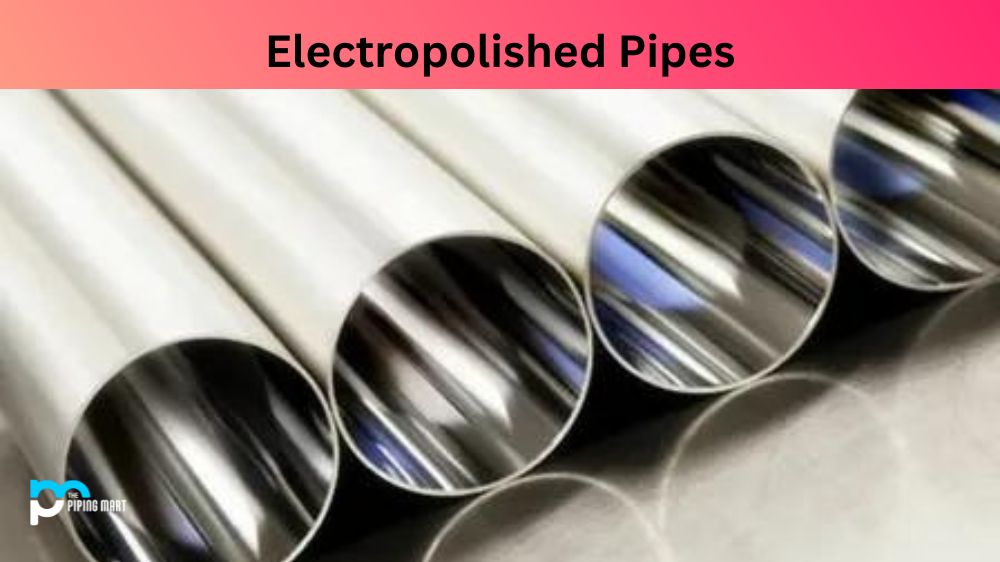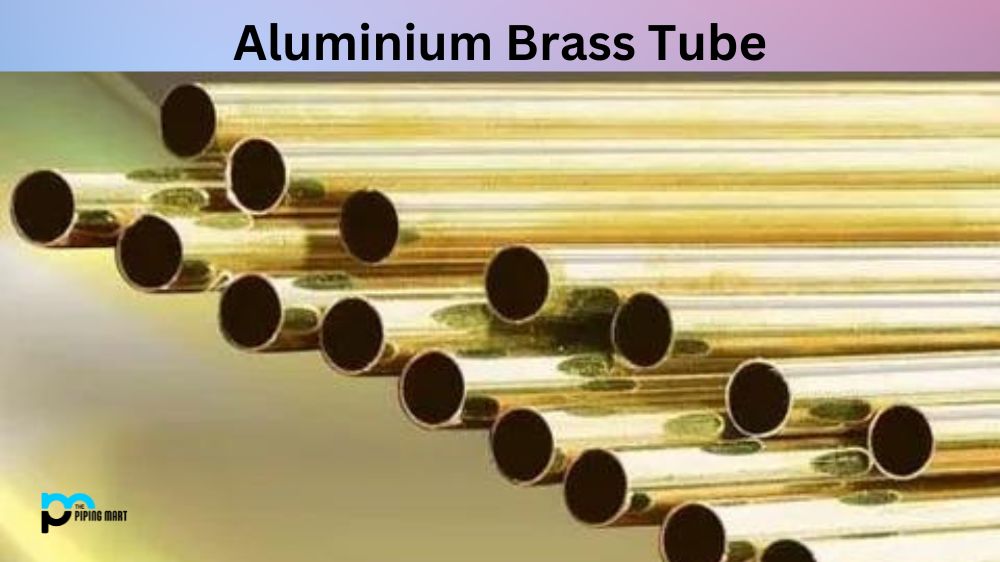Water is a precious resource that we all depend on, so choosing the right piping system for transporting it is crucial. You’ll come across two common options: ductile iron pipes and galvanized iron pipes. But what sets them apart? In this blog post, we’ll explore the differences between these two types of pipes to help you determine which is best for your specific needs.
What is Ductile Iron Pipes?
Ductile iron pipes are a type of pipeline used for water and wastewater transportation. They are more resistant to wear and tear than most other pipe materials, making them an ideal choice for many infrastructure projects. The superior strength of ductile iron makes these pipes very durable, allowing them to last for decades in even the harshest conditions. In addition, they are highly corrosion-resistant due to their high levels of zinc content. Furthermore, they have a low coefficient of friction, which helps reduce hydraulic losses and increases the flow rate capacity. Finally, their light weight makes installation easier than steel pipes — saving time and money during installation.
What is Galvanized Iron Pipes?
Galvanized Iron Pipes (GIP) are mild steel pipes that have been galvanised with a zinc coating. This gives them enhanced corrosion resistance and a longer lifespan than regular iron pipes. GIP pipes are also much stronger than their counterparts, making them ideal for plumbing applications where strength is needed. They are available in various sizes and shapes and can be used for indoor and outdoor purposes. With proper maintenance, they can last up to 50 years before needing replacement – substantially more than standard iron pipes. Overall, GIPs offer superior performance compared to other types of piping material while also providing an aesthetically pleasing look.
Difference Between Ductile Iron Pipes and Galvanized Iron Pipes
Material Composition
Ductile iron pipes are made of a mixture of ductile iron, carbon, and silicon. The mixture is melted and cast into a cylindrical shape before being cooled. On the other hand, galvanized iron pipes are made of steel and coated with a layer of zinc to prevent rust and corrosion.
Strength and Durability
Ductile iron pipes are known for their high tensile strength, making them resistant to external forces such as heavy loads, vibrations, and impacts. They are also highly resistant to corrosion and abrasion, which means they last longer than most piping systems. Galvanized iron pipes are strong but less ductile than ductile ones, making them more susceptible to cracking and rupturing under pressure.
Installation and Maintenance
Ductile iron pipes are easier to install and maintain because they can be combined using various techniques such as push-on flexible joints, mechanical joints, and flanged joints. They can also be cut easily to the required length using a saw or band saw. Galvanized iron pipes, on the other hand, require specialized tools and techniques for installation, which can be time-consuming and expensive. They also require regular maintenance to prevent rust and corrosion.
Cost
Ductile iron pipes are generally more expensive than galvanized ones due to their higher strength, durability, and reliability. However, they provide a long-term, cost-effective solution, as their lifespan is longer, requiring less maintenance and replacement. Galvanized iron pipes may be cheaper initially but can cost more in the long run due to their susceptibility to rust and corrosion and lower overall durability and lifespan.
Applications
Ductile iron pipes are widely used in various applications, such as water supply, sewage systems, and gas and oil transmission, due to their durability, strength, and resistance to corrosion. Galvanized iron pipes are commonly used in residential and commercial plumbing and outdoor piping systems.
Conclusion:
In conclusion, both ductile and galvanized iron pipes have pros and cons, and the choice between them mainly depends on the specific application they will be used for. However, overall, ductile iron pipes provide better value for money due to their strength, durability, and resistance to corrosion. Regardless of the type of pipe, choosing a high-quality system is important to ensure reliable and efficient water transportation. We hope this blog post has been informative and useful in helping you decide on your piping needs.

A passionate metal industry expert and blogger. With over 5 years of experience in the field, Palak brings a wealth of knowledge and insight to her writing. Whether discussing the latest trends in the metal industry or sharing tips, she is dedicated to helping others succeed in the metal industry.




